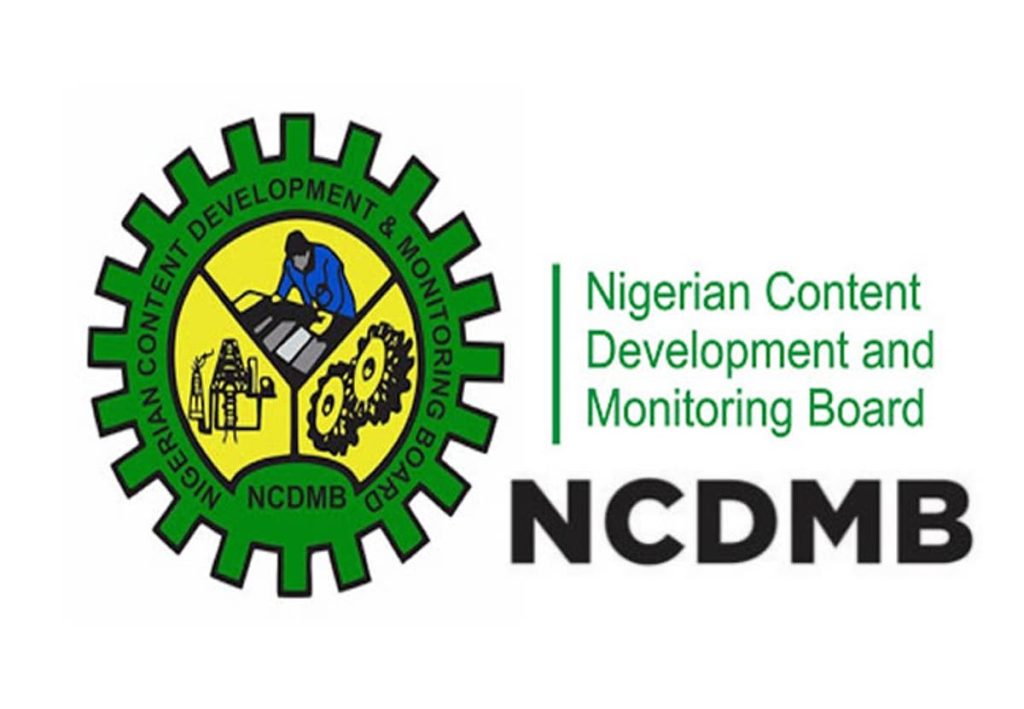Paragraph 1: Nigeria’s Oil and Gas Fabrication Capacity Surpasses Domestic Demand
Nigeria’s oil and gas industry has achieved a significant milestone: its in-country fabrication capacity now exceeds national demand. This accomplishment, announced by the Nigerian Content Development and Monitoring Board (NCDMB), underscores the success of the Board’s 10-Year Strategic Road Map launched in 2017. The roadmap aimed to boost Nigerian content in the oil and gas sector from 26% to 70% by 2027. The surplus fabrication capacity allows Nigerian companies to export their services to other African nations and the Middle East, marking a new era for the country’s oil and gas industry. This achievement is a testament to the effectiveness of the NCDMB’s strategic initiatives and the growth of local expertise.
Paragraph 2: Transformative Growth in Fabrication Capacity
The growth of Nigeria’s fabrication capacity has been remarkable. In 2010, when the NCDMB was established, the annual capacity was less than 50,000 metric tonnes. By 2017, this figure had surged to over 228,000 metric tonnes, and it has continued to climb significantly since then. This expansion has resulted in a substantial decrease in the importation of essential materials like line pipes, contributing to capital retention within the country and creating numerous employment opportunities. The development of this vibrant fabrication sector is a key element in Nigeria’s drive towards greater self-sufficiency in the oil and gas industry.
Paragraph 3: Diversification of Services and Key Players
Nigerian fabrication yards have expanded their service offerings beyond traditional fabrication to include shipbuilding, steel structure erection, and metal frame fabrication. This diversification demonstrates the growing sophistication and adaptability of the industry. Several leading firms have emerged as key players in this sector, including Nigerdock Nigeria Plc, Dorman Long Engineering, Samsung Heavy Industries Nigeria, Saipem Nigeria, Bablink Resources, Aveon Offshore, and AOS Orwell. These companies are driving innovation and contributing to the overall growth of the Nigerian oil and gas industry, further solidifying the country’s position as a regional leader.
Paragraph 4: Job Creation and Regional Impact
The NCDMB has set an ambitious target of creating 300,000 jobs within the oil and gas industry and related sectors like power and construction. While this target has not yet been fully realized, significant progress has been made. Many Nigerians trained by the NCDMB are now employed in other African countries, demonstrating the ripple effect of this capacity-building initiative throughout the region. The board’s focus on skills development is not only boosting local employment but also contributing to the development of a skilled workforce across the continent.
Paragraph 5: NCDMB’s Remediation Training Program
The NCDMB, in partnership with Waltersmith Petroleum Oil Limited and Dexterous Applied Training Institute, has launched a 12-month Nigerian Content Non-Compliance (NC-NC) Remediation Training Programme. This program aims to further enhance local capacity by providing training in both general and specialized skills. General courses cover areas such as entrepreneurship, ICT, safety at work, and Nigerian Content awareness, while specialized training focuses on areas like instrumentation and control engineering, quality assurance, and process engineering. The program is being delivered in phases, with the initial general courses taking place at the NCDMB Learning Centre in Yenagoa, followed by hands-on specialized training in Port Harcourt. This multifaceted approach to training ensures that participants gain both the foundational knowledge and the practical skills needed to excel in the industry.
Paragraph 6: NCDMB: Beyond Regulation to Business Enablement
The NCDMB’s role extends beyond simply regulating the industry. The board is actively engaged in fostering local content growth and driving economic expansion. This proactive approach is evident in initiatives like the Remediation Training Programme and the broader 10-Year Strategic Road Map. The NCDMB is acting as a catalyst for growth, facilitating partnerships, and creating opportunities for Nigerian companies to thrive in the oil and gas sector. This focus on enablement is crucial for ensuring the long-term sustainability and success of the industry. The NCDMB’s commitment to driving local content development is not merely a regulatory function, but a strategic investment in Nigeria’s economic future.














